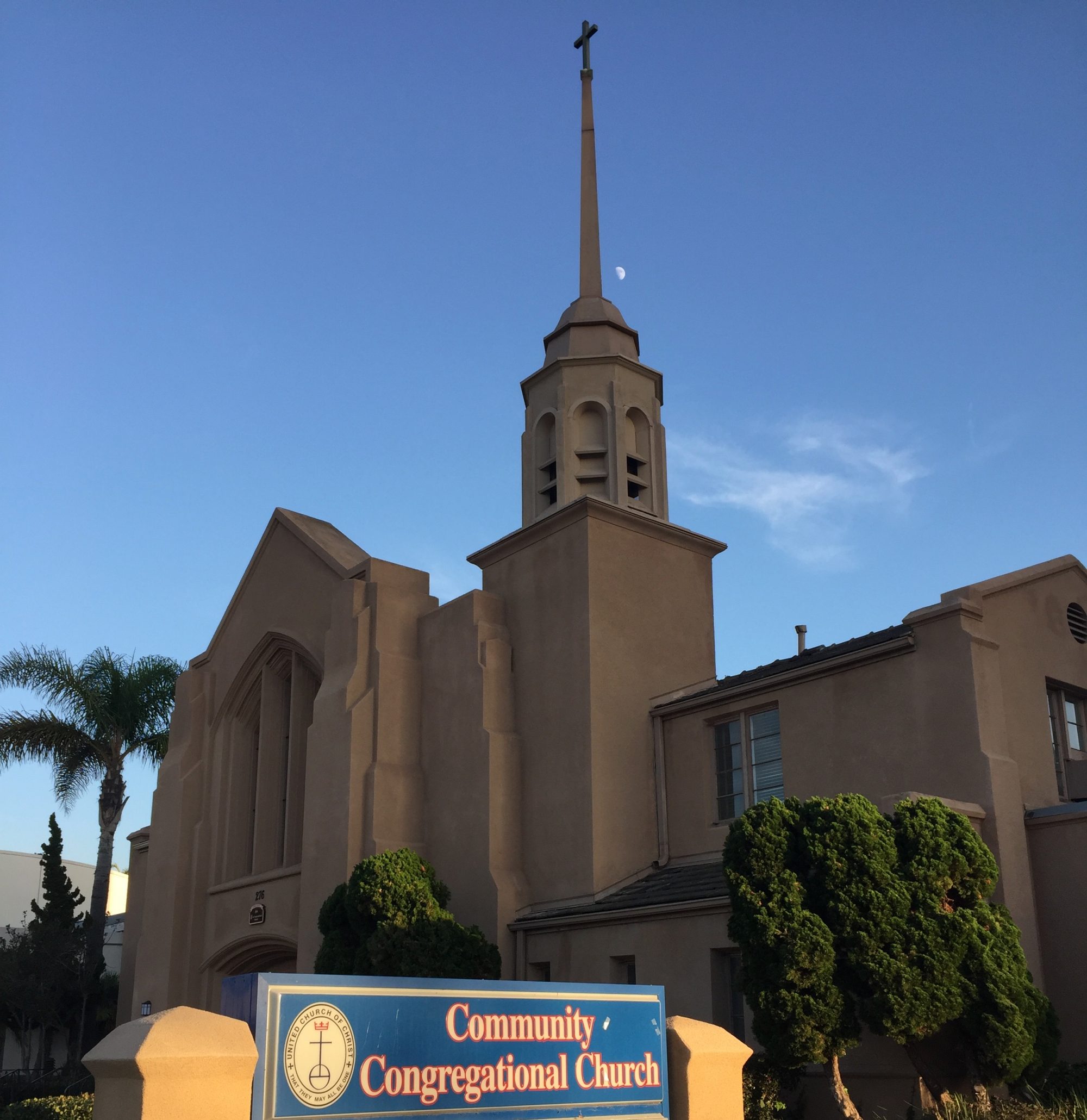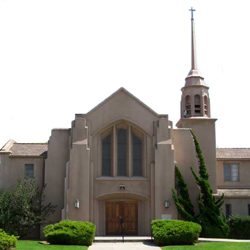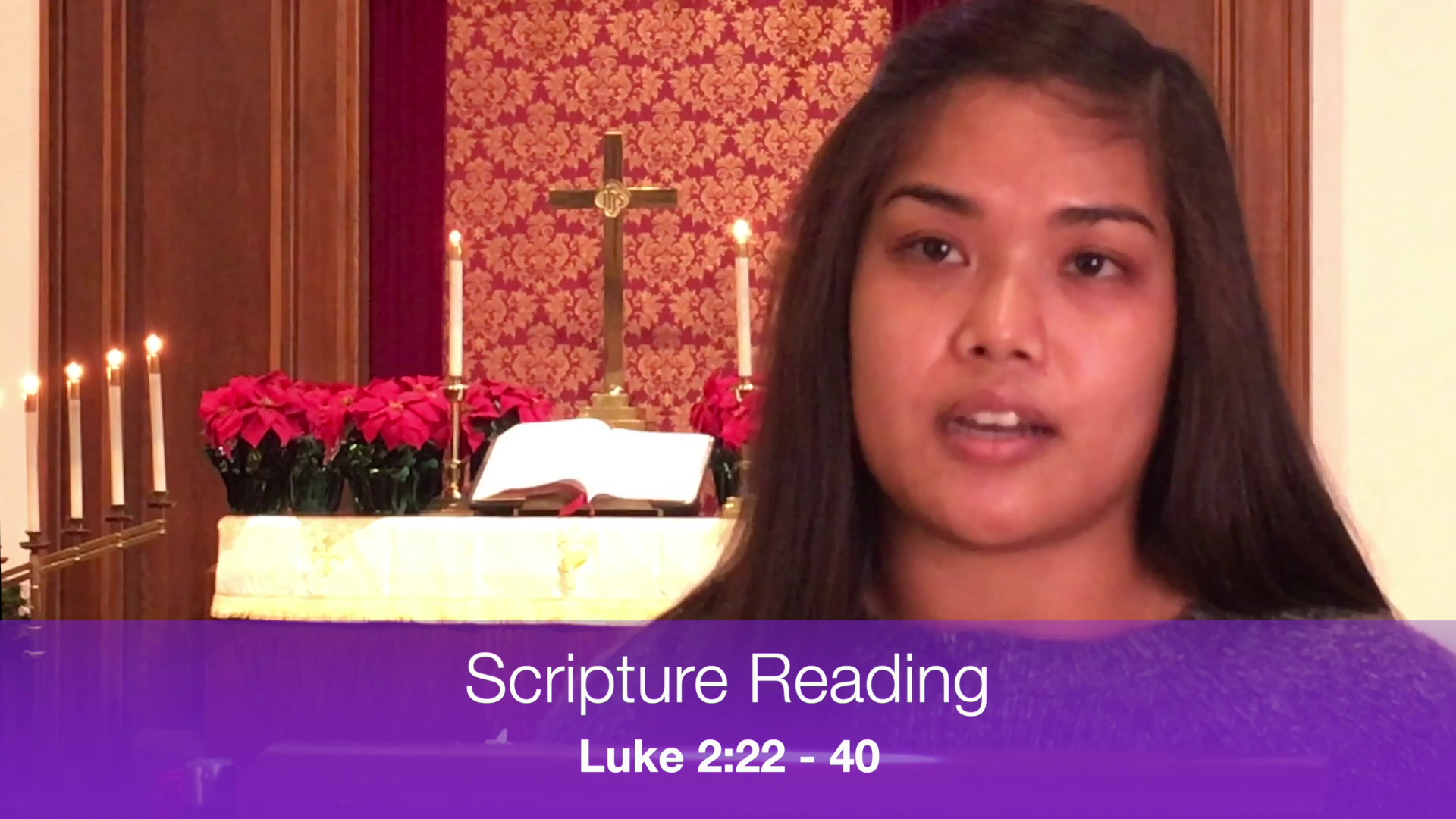Rev. Jamall A. Calloway, PhD
“The Real Miracle”
Luke 13:10-13
I am going to start this sermon off by saying something that can come across as a little biologically silly. But I feel like what I am about to say will encapsulate what I’m trying to express in this sermon this morning. And that is, I believe, that the body has a mind of its own. I know that sounds funny because your mind, your brain, is a part of your body. Of course. But we often don’t think of it that way. We think we have a mind and then we have a body and that is because we, as cerebral creatures, as thinking human beings, live far too much inside of our heads on a day to day basis. We think of things in our mind quietly. We talk to ourselves in our mind as we drive, move and think. We think about things long and hard and when someone asks, “hey what’s going on?” Or, “Hey what’s on your mind?”, we say, “oh nothing.” Once again, we live so far deep into the crevices of our mind. We live so far in our heads that we don’t pay adequate attention to how was the rest of our flesh is involved in, and reacts to, the very condition of our thoughts.
For example, when you smile there is a slight chemical reaction in the brain, releasing certain hormones including dopamine and serotonin. So, with a smile you can literally feed your body positive neurotransmitters. But when you are down, or better yet, when you are stressed, your body responds to that, too. Sometimes we don’t notice that our back problems could be because of something on our mind. Sometimes we don’t notice that our shoulders are tense when we are stressed out. Sometimes we don’t notice that our headaches and migraines are a result of our worrying. Sometimes we don’t notice that we don’t take the deep breaths that we need to because we are so busy working and moving and always in a hurry. And sometimes, we don’t notice that our deepest regrets, our deepest wounds, our past decisions and memories that include a wish to do something over, affects our bodies as well.
And to be honest with you that’s what this sermon is about. Things in our head that make our bodies ache. Things like Stress. Guilt. Shame. Things that live in our memories that sometimes pop up in our minds and cause us to take a deep sigh. Let me ask you, what happens when we are so stressed out, that we don’t realize the constant damage we are doing to ourselves because we are so busy living in our heads?
And these questions bring us to our text this morning. They bring us to our text this morning about a woman whose body also reflected something going on inside of her. Now, I don’t know anything about this woman in our text this morning. I don’t know who she is or where she grew up or what she did, or what was done to her. All I know is, all we know is, the scriptures say she’s been walking around with a spirit that has literally disabled her for almost two decades. This thing, this spirit, was so severe on her body, it was so stressful, that she was permanently hunched over and unable to stand up straight. And I imagine if she tried to stand up straight, it would hurt. I imagine, it would ache; I imagine that it would ache so painfully that she probably would revert back to being hunched over to alleviate the pain of trying to stand up.
I want you to imagine her, too.
I imagine that she got used to it after 18 years. After 18 years she probably kept the pain of how she was feeling to herself. And to be honest with you all I’m sure you’ve met her or him or someone like them, or maybe between us, you are her, someone who’s grown so used to their own pain and stress or guilt or shame that you don’t even see the point in mentioning it anymore when someone asks how you’re doing. You’ve met them before. The kind of people who know how to smile and wave and tell you everything is fine, “no worries, I’m doing really good”, but deep down inside they’re in such pain, or they’re scared or stressed out or, they have regrets. But they would rather say nothing is wrong then to say “Hey, I’m not doing so good today…”
Now, I sincerely wish I was there to watch her face before she arrived in the synagogue that day. I wish I was there when they told her about this guy named Jesus from this small town. I wish I was there to see her countenance shift from “yeah right here goes another one of those religious leaders” to… “well maybe he can help me.” So, she packs up her necessities, and slowly walks to the synagogue. I am sure she wondered what she was going to say to him, but that wondering was for naught because the text says that when Jesus saw her, immediately he called her over to him. And I wish I was there to see her face shift from disbelief to nervous. Me? He can’t be calling me. Nobody ever sees me. Nobody ever really pays attention to me. They might notice when I’m in the room by my deformity, or they might notice when I’m in the room by my stressful spirit; they might notice when I’m in the room by all of these negative things, but those things prevent them from really looking at me. From really seeing me.
Have you ever felt like her? Overlooked and dismissed? Has anyone ever made you feel less than what you are?
And that is a child of the most loving, generous, understandable and gracious high God.
And when she gets to Jesus, he says something strange, something peculiar.
He says, “Woman, you are set free from your ailment.”
I am sure he called her woman because he may also have not known her name. But notice there was no talking. There was no discussion. She didn’t have to explain what she was going through. She didn’t have to try to convince him of anything. She didn’t have to pay him any money or sew any seeds into his ministry. She didn’t have to make any promises or declare that she would change something in order to receive something from him. He just looked at her and said:
Woman, you are set free from whatever is inside of you that is making you so sick and unable to stand tall.
Now, usually, we would read this story as a miracle story. A story where Jesus miraculously healed someone, gave them vision where they had none, told them to walk when they couldn’t, liberated them from a demonic force that captured them. I’ll be honest with you usually the Bible isn’t so kind to those with different bodies and disabilities or deformities. They’re used as sort of biblical props to prove that Jesus is a healer. But no. Not this time. He doesn’t yell at a demon; Jesus doesn’t say I now declare you to be healed, so to be honest with you, Congregational church, I’m not so sure that Jesus bent or twisted the natural elements of the world or spiritually intruded into her spine and nervous system at all. No. And you may disagree with me, but it seems to me Jesus did something much more natural, much more therapeutic, much more human, and I’ll say it, much more miraculous. It seems to me Jesus saw someone stressed out, either with guilt or shame or trauma or pressure or fear and said “Hey, I see you. I notice you. I care about. you’re okay here. You can Breathe.”
The next verse says: When he laid his hands on her, immediately she stood up straight and began praising God.
It doesn’t say he miraculously touched her, and the issue vanished. It doesn’t say power went out of him and this woman could now stand up. It says he laid hands on her, he put his hand on her shoulder, or he possibly hugged her.
Apparently, she didn’t need a miraculously divine miracle. She didn’t need the laws of physics suspended for her or any biological manipulation. It seems she needed someone to notice her, to speak a kind word to her, to tell her that she is safe, to help her let whatever it was go, to let go of the shame, to let go of the guilt, to let go of the baggage, and to accept that things are going to most likely be okay.
I will not hold you long today. But I will say sometimes, you and I are so busy looking for God to do a miracle when the real miracle is on us to do something much more unnatural to ourselves. And that is to see each other, to notice each other, to get out of our own ways and our own heads and our own self involvement and touch and love on somebody else. We live in a world where it seems that being loving to one another without preconditions is more of a miracle than an actual supernatural miracle from God.
If you and I, want to see a real miracle, then we should start emulating Jesus by seeing those who need help, who need love, who need noticing and asking “hey, how are you doing?” … and meaning it. We should notice the spirits of stress on each other, and if you can, offer a kind word to help them stand.
Amen.


